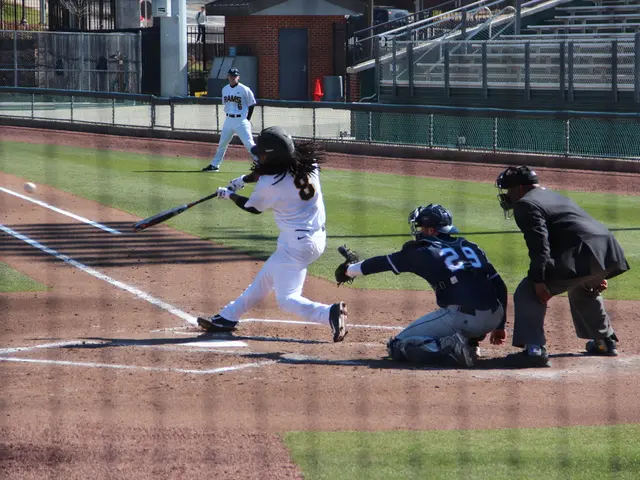In advance of a meeting with Putin, Orbán, a close associate, snubs the EU's statement regarding the Ukraine conflict
European Union Demands Respect for Ukraine's Sovereignty Ahead of Trump-Putin Meeting
The European Union (EU) has issued a joint statement regarding the ongoing conflict in Ukraine, expressing support for US President Donald Trump's efforts to end Russia's aggression against Ukraine and achieve a just and lasting peace. The statement, signed by 26 EU countries, excluding Hungary, emphasises the importance of respecting Ukraine's territorial integrity and includes several key demands and positions.
The EU statement welcomes Trump's efforts to end the war and ensure peace for Ukraine. It underscores that international borders must not be changed by force and stresses the necessity of Ukraine's involvement in any diplomatic talks, such as the upcoming US-Russia summit in Alaska on August 15. The EU also demands that any diplomatic solution must protect Ukraine's and Europe's vital security interests.
To support Ukraine's self-defense, the EU pledges further political, financial, and military aid, along with security guarantees for Kyiv. The statement also reaffirms support for Ukraine's path towards EU membership. Furthermore, it calls for a ceasefire or reduction of hostilities as a prerequisite for meaningful negotiations.
However, Hungary's Prime Minister Viktor Orbán has not signed this statement and has expressed opposition to its premises. Orbán criticises the EU for trying to set conditions on a meeting to which it was not invited, calling it inappropriate to make demands or offer instructions from the sidelines. He believes that the EU's exclusion from the US-Russia summit and commenting on it without participation only worsens the situation.
Instead, Orbán proposes a different approach: he calls for the EU itself to initiate a summit with Russia, mirroring the US-Russia dialogue, to give peace a chance. This reflects a more conciliatory or engagement-driven policy toward Russia, contrasting with the majority EU position focused on support for Ukraine and sanctions on Russia.
Orbán's stance on the issue is likely to further strain relations between him and his EU colleagues, particularly given his support for Donald Trump and his potential indifference towards agreements that could be detrimental to Ukraine. The EU, with the exception of Hungary, has declared that it will continue to support Ukraine and will continue to use sanctions against Russia.
In the past, Orbán has opposed measures by the EU, and he recently stated that the EU's sanctions against Russia are ineffective and damaging to the European economy. The EU, however, still considers new sanctions against Russia as a possibility. The meeting between Trump and Putin on August 15 could further complicate the situation, as the EU continues to advocate for a just and lasting peace for Ukraine that respects international law.
[1] EU Joint Statement on Ukraine [2] Orbán's Proposal for EU-Russia Summit [3] Orbán's Criticism of EU's Interference in US-Russia Relations [4] EU's Sanctions on Russia [5] EU's Call for Ceasefire or Reduction of Hostilities
- The EU joint statement on Ukraine, signed by 26 EU countries, emphasizes the necessity of policy-and-legislation that protects Ukraine's territorial integrity, including sanctions on Russia.
- In contrast to the majority EU policy-and-legislation on Ukraine, Hungary's Prime Minister Viktor Orbán has proposed a conciliatory approach, suggesting that the EU should engage in politics with Russia through a EU-Russia summit, akin to the upcoming US-Russia meeting.







